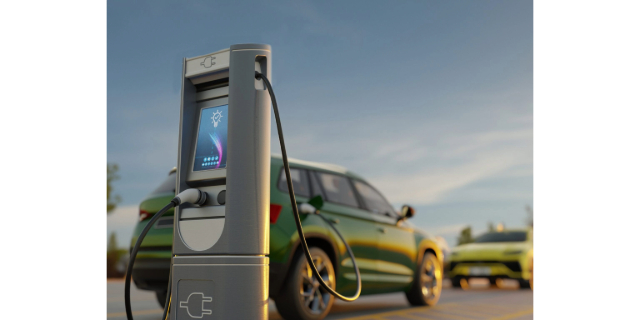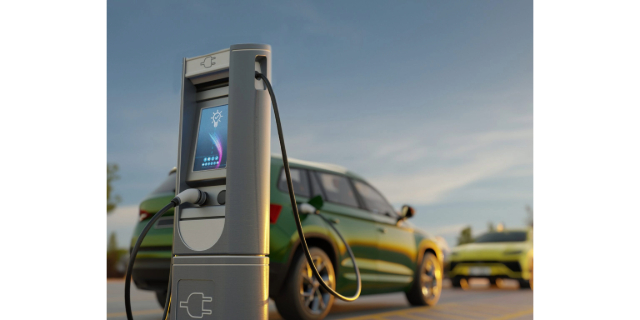Oregon Surpasses Electric Vehicle Registration Goals
By ALEX BAUMHARDT / Oregon Capital Chronicle
Oregon, along with nine other states, has successfully met its collective target for electric vehicle (EV) registrations, marking a significant step toward reducing pollution and addressing climate change. This achievement is based on a recent report from the Northeast States for Coordinated Air Use Management (NESCAUM), a Boston-based nonprofit focused on air pollution control.

Over the past 12 years, these states have collectively registered 3.3 million new EVs, fulfilling a 2013 agreement to achieve this milestone by 2025.
The initial agreement, signed in 2013 by the then-governors of Oregon, California, Connecticut, Maine, Maryland, Massachusetts, New Jersey, New York, Rhode Island, and Vermont, outlined a commitment to boost policies and public information to accelerate the adoption of zero-emission vehicles within their borders. At the time of the agreement, transportation was and remains the largest source of greenhouse gas emissions in Oregon and the nation. When then-Gov. John Kitzhaber signed the agreement in 2013, Oregon had just 300 registered electric vehicles.
Today, Oregon boasts over 100,000 registered EVs, as stated by the Oregon Department of Energy. This figure constitutes approximately 5% of all new vehicle registrations in the state over the past decade.
In a recent news release, Gov. Tina Kotek recognized the growth of EV adoption in Oregon and the realization of the 2013 goals as a “milestone.” She added, “Transportation electrification is key to meeting Oregon’s climate goals. Strong partnerships between states and private sector partners will be key to the nation’s success in the years to come.”
The availability of EV models has also expanded dramatically. In 2013, only 16 EV models were available in the U.S., compared to over 150 models today, according to NESCAUM.
Sales of EVs across the 10 states saw steady growth following the 2013 memorandum but doubled from 2022 to 2024. Fueling this growth, the Inflation Reduction Act, passed by Congress in 2022, introduced a $7,500 tax rebate for new EV purchases. Oregon also launched its own rebate program in 2017, offering up to $7,500 on EV purchases. The state program paused issuing rebates in June 2024 due to insufficient funds but is expected to resume sometime in 2025, according to the Department of Environmental Quality.
One-third of all electric and plug-in hybrid vehicles registered in Oregon have benefited from the state’s Clean Vehicle Rebates, as confirmed by officials at the Oregon Department of Environmental Quality, which distributes the rebates. Since 2017, these rebates have amounted to nearly $100 million.
Since 2013, five additional states have established their own zero-emission vehicle programs, mirroring those of the original states that have spurred EV adoption and expanded charging infrastructure through public investment and tax rebates, as reported by the Northeast States for Coordinated Air Use Management. Cumulatively, Oregon and these additional 14 states account for over one-third of all new EV sales in the U.S.



